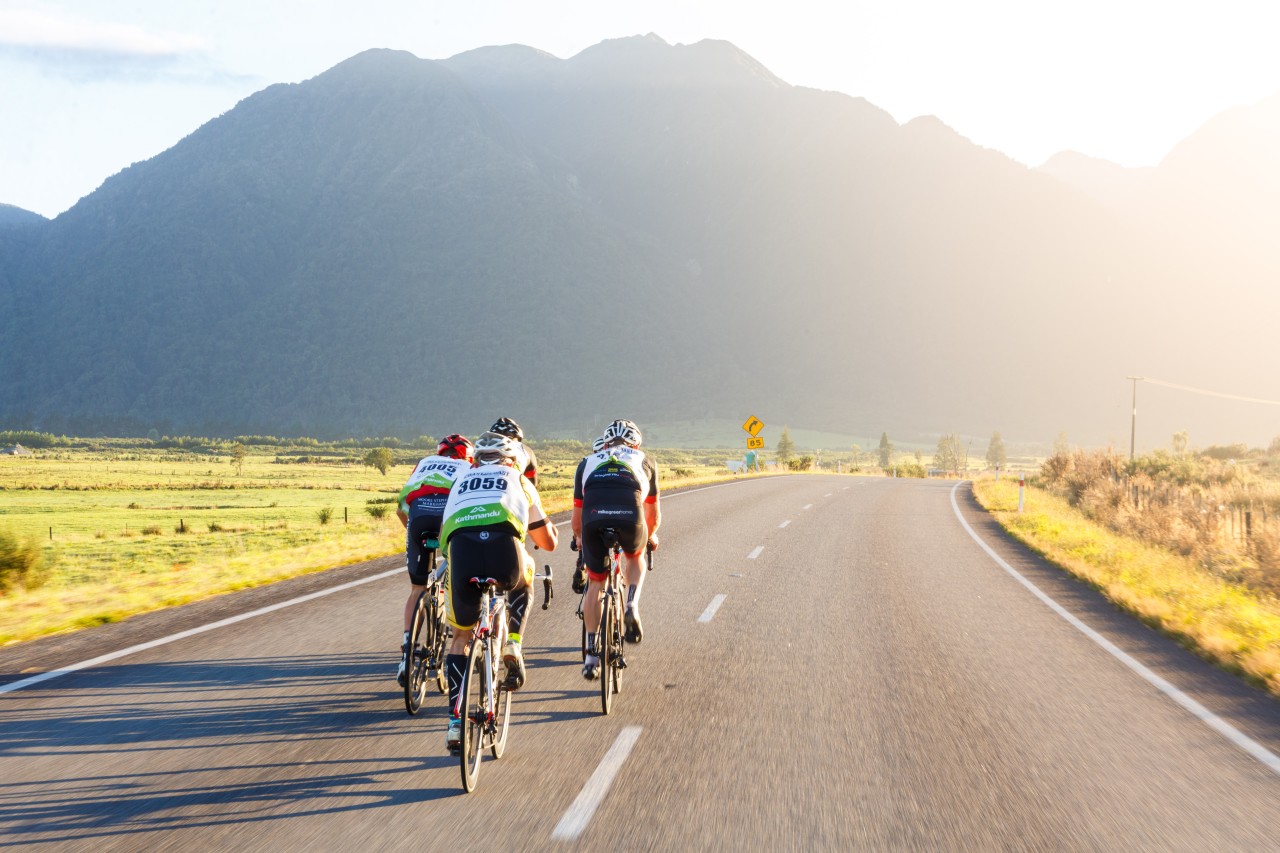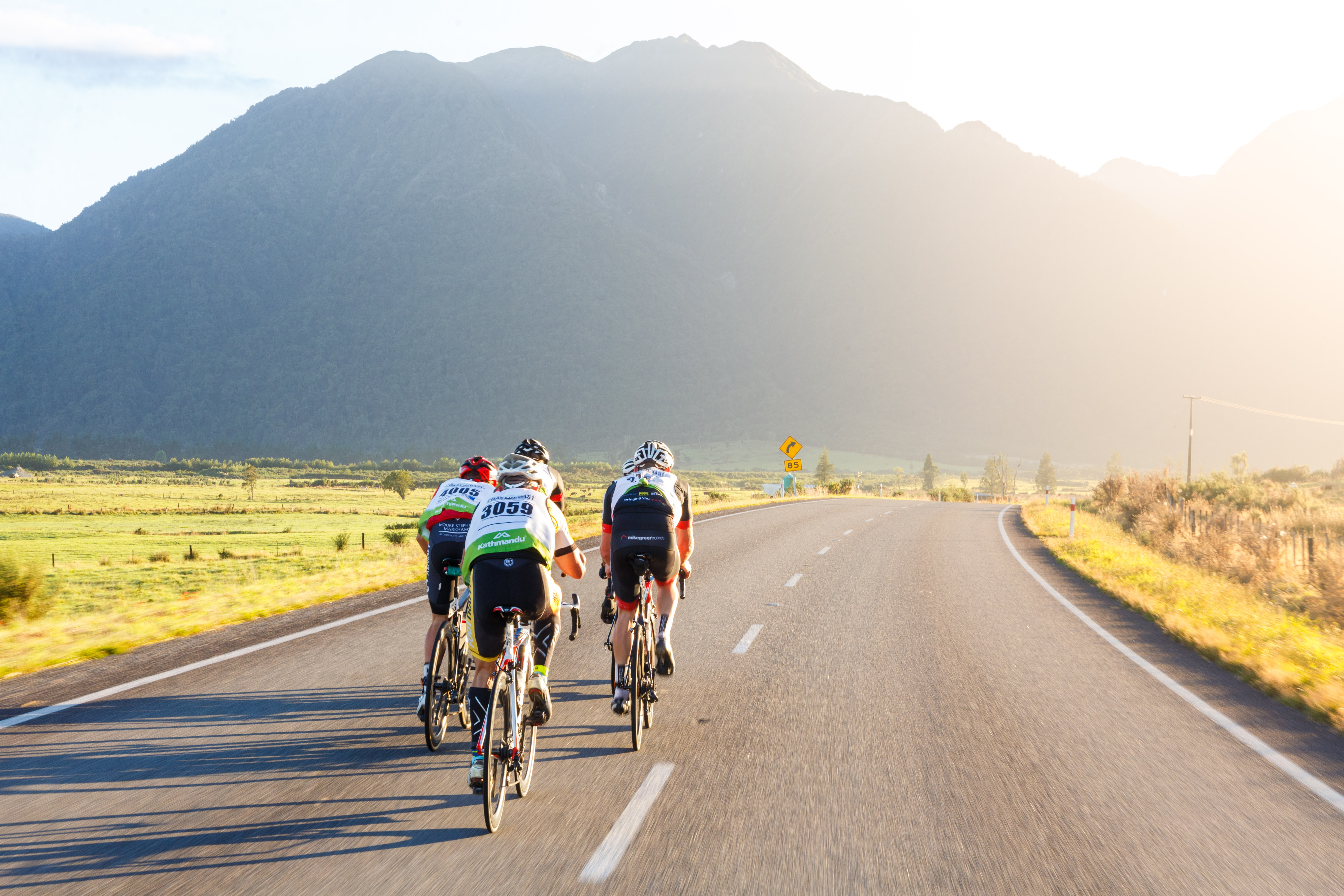
If you’re the type of person who likes to get out and ‘do’, Subaru have put together a series of tips for weekend warriors who are keen to get out and train for events. We sat down with some experienced weekend warrior ‘coasters’ who have done the bike, run and kayak legs of the Kathmandu Coast to Coast multiple times. They have some little gems to help you get the most out of your race.
First up, we’re talking cycling and have enlisted Christchurch’s Jessy Moffatt as a guest contributor to help us with some bike stage tips. She is a seasoned multisport competitor and finished third in the women’s individual two-day Coast to Coast. Although in recent years, she has trained and supported low-decile school kids to compete in the event, through her Coast to Coast Rangers programme.
Road biking is a big part of the Kathmandu Coast to Coast with three separate rides spread throughout the event. It’s important that when preparing for any long-distance biking that you have the right gear and are physically prepared.
Jessy has plenty of experience in endurance events and shared her thoughts with us as well as some tips on how to prepare for a biking challenge.
What attracted you to the Kathmandu Coast to Coast?
The Kathmandu Coast to Coast is an amazing race in a beautiful part of our country. It is an iconic and well-respected event that takes you to some stunning places, whilst at the same time, it can take you to some dark places mentally and physically.
I think it is a privilege to have the time and ability both financially and health-wise to be able to compete in such a race.
Many people have inspired others by pushing themselves in this race and this has created a ripple effect for many within their families and communities.
How did you prepare physically for the bike stages?
I would train in all conditions. Rain, heat, wind and snow. That way, when race day came around, I was prepared for all conditions.
I did a lot of training in the wind and this preparation worked really well, as the last 70km ride into the finish line at the New Brighton pier in Christchurch is generally always windy!
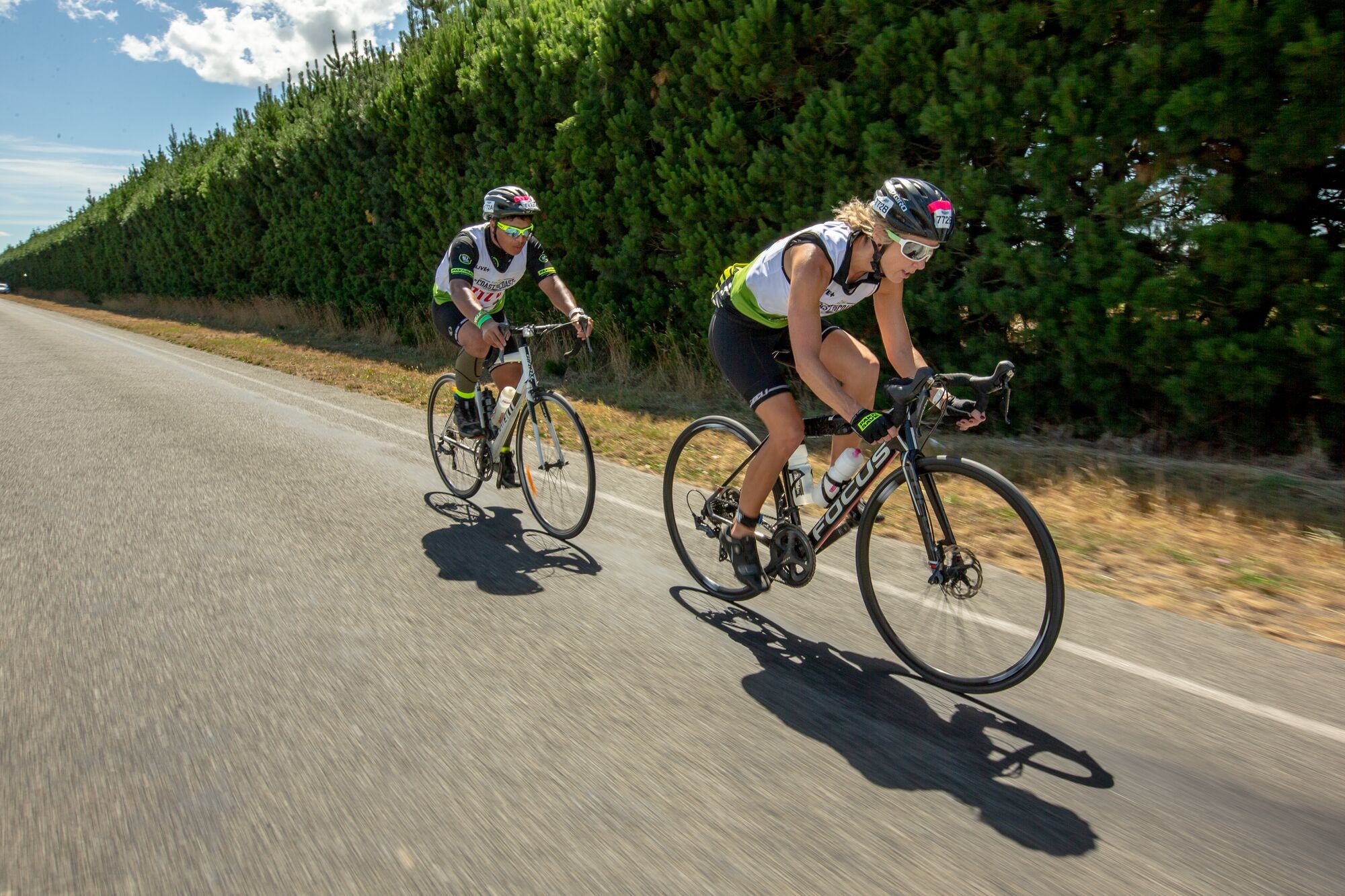
What preparation tips could you pass on for the night before the race?
Allow yourself plenty of time to go over your bike and gear again.
Lay all your clothes, helmet, shoes, food, race bib, timing transponder and drink bottles all neatly near your bike, so you know it’s all there checked and ready for the morning.
Eat well but ensure it’s food you are used to. Not the time for eating a big curry I would say!
What gear did you find worked best for the bike stages?
Wearing clothes that you have trained in and know is comfortable is key.
Race day is not the time to be trying new shorts or socks. You risk blisters and chafing and that is not what you want for a big race. I rode in the shorts and cycle gear that I had trained in. If you are able to get some, arm warmers are great if it is cold as they are easy to push down if you warm up.
Cycle gloves are a must for grip and keeping your hands toasty on that first 55km early morning ride from Kumara to the Aitken’s Corner bull ring.
Treat yourself to some beautiful, quality gear. If you feel good and comfortable, you will perform better as a result.
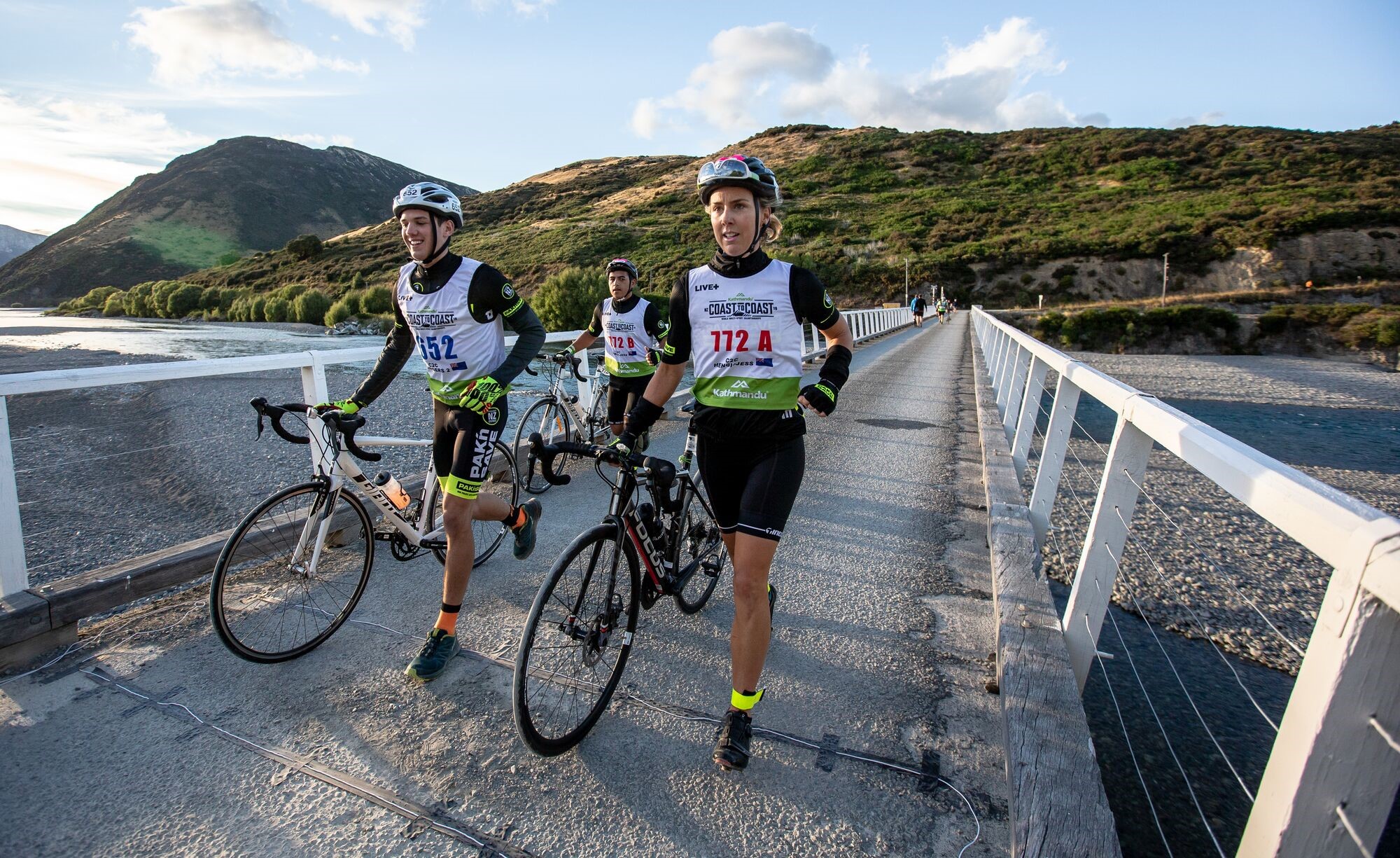
Talk us through how the bike stages can pan out and what competitors need to watch out for.
There is plenty of hype at the start line and it’s easy to get caught up in a fast pace. Make sure you settle into a bunch of riders that are biking at a speed/pace that you are comfortable with.
Males are the worst at going too hard to soon (sorry blokes) and females risk trying to keep up but just let them go girls - unless you are an elite athlete chasing a podium finish!
Thinking of the first half of the first ride as riding in ‘first gear’, then for the second half step it up to ‘second gear’ was always my mantra. Too much, too soon, risks leaving you with nothing left going into the mountain run.
Always keep an eye on what is going on up at the front of the bunch, not on the wheel in front of you. Communication is really important, especially in a bunch. Let the riders around you know your intentions, so they can react accordingly.
If you see a dropped water bottle, shout about it, as well as point at it. Respect each other and look out for each other - manners go a long way.
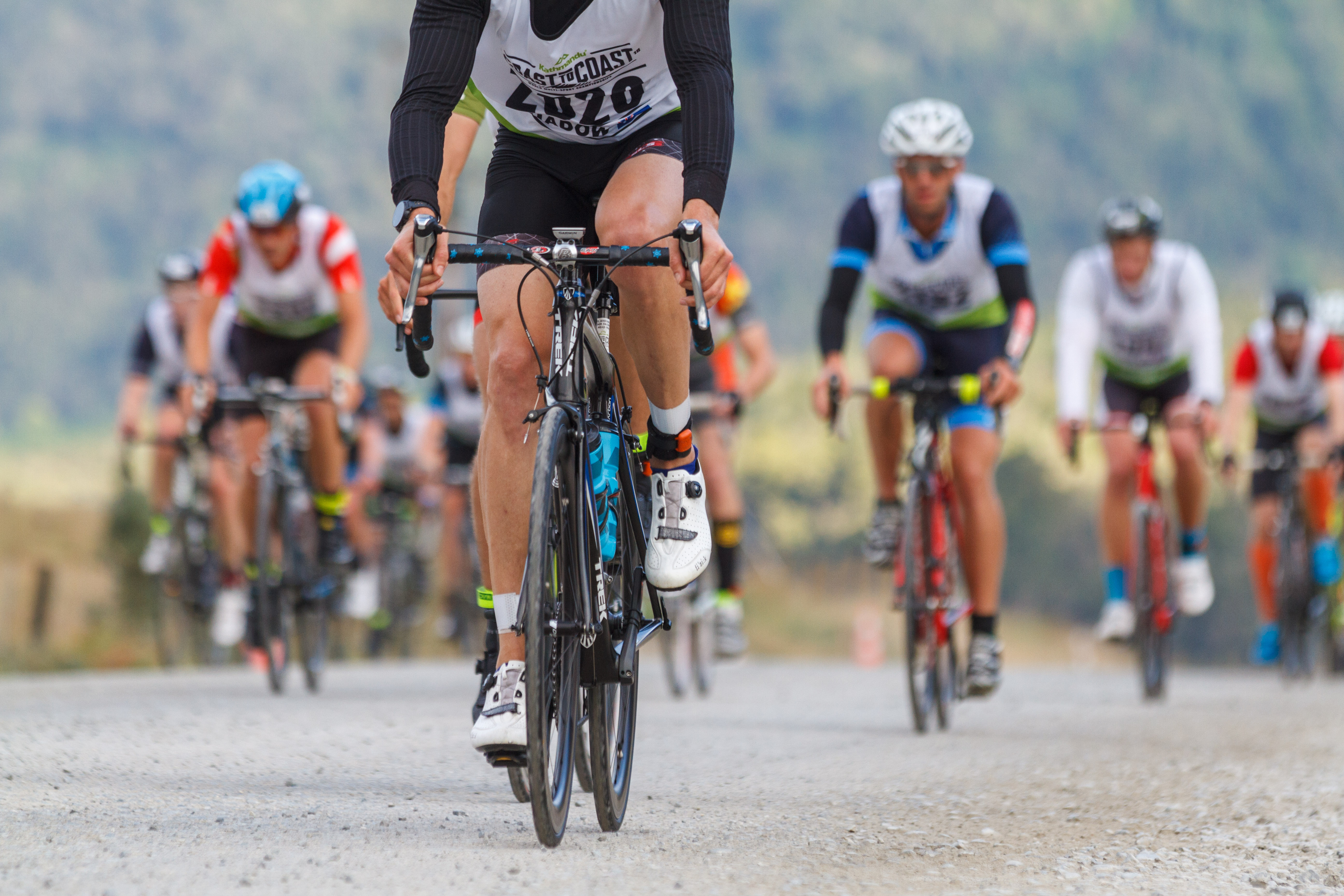
Do you have any tricks for pushing through the mental/pain barriers when the going gets tough on this leg?
Take your attention to something else, for example, if your back starts hurting, think about engaging your glutes or core muscles.
Talk nicely to yourself! We can be so harsh on ourselves sometimes but if you talk kindly and think positive thoughts, you are more likely to produce positive results.
Look around and smile. Just remember how cool it is that you are here - riding in this race, in this beautiful country!
Tell us what the best piece of advice about the bike stages was that you were given?
For the first 55km bike stage I was advised: Pace yourself on the 2.2km run up from the beach to your bike but aim to get in a good bunch. If you go too hard on the run and end up in a bunch that’s too fast, you will burn out on the first stage and it will be a battle to recover.
Then as soon as you get on the bike, catch your breath. I mean it - eat and drink lots!
Breathe. Smile. Then get moving on the bike!
The last 70 km bike to the finish - I had been told to expect to ride this stage solo and planned mentally for this to happen. That way if I got in a good bunch, it was a bonus.
It can be a mixed bag however, as you can end up doing a lot of work in the bunch. Whatever way it pans out, you have to accept it and just roll with it.
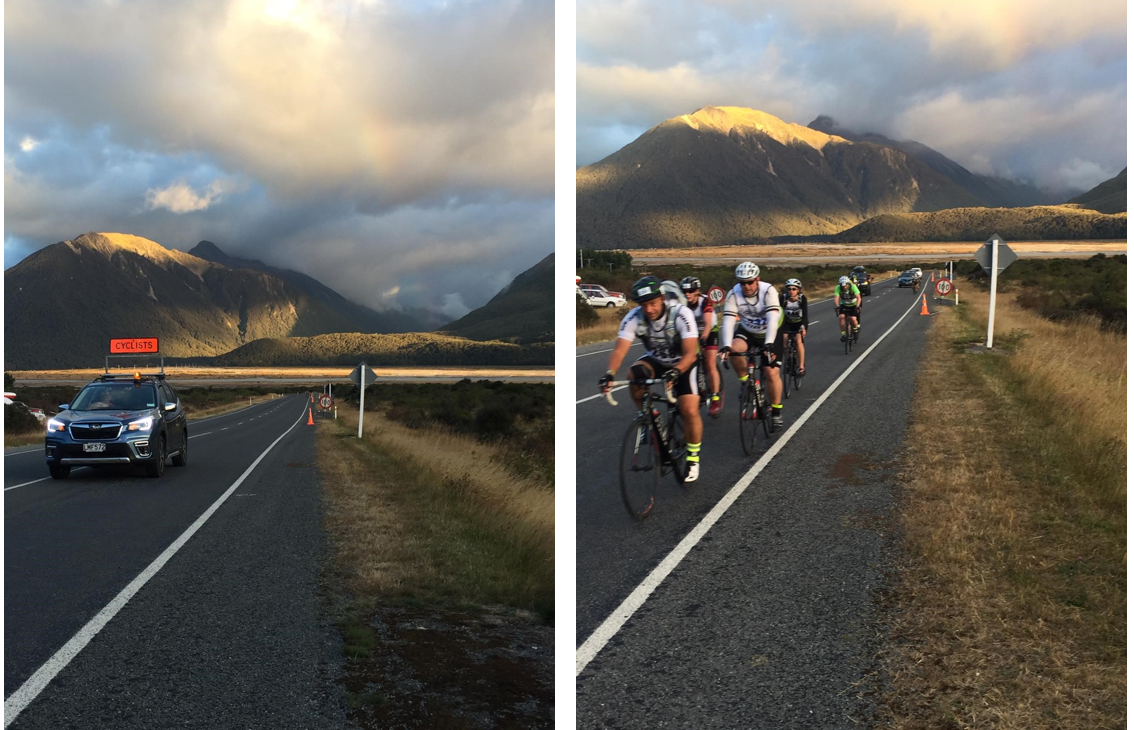
Describe what the feeling of accomplishment was like when you completed the final bike into the finish line?
Exhaustion, relief, proudness, accomplishment, hunger, gratitude and happiness.
I raced injured and managed to pull off third place in the two-day individual in 2015. This was a huge sense of achievement for me and to have my wee daughters at the finish line cheering me on, made it all worthwhile.
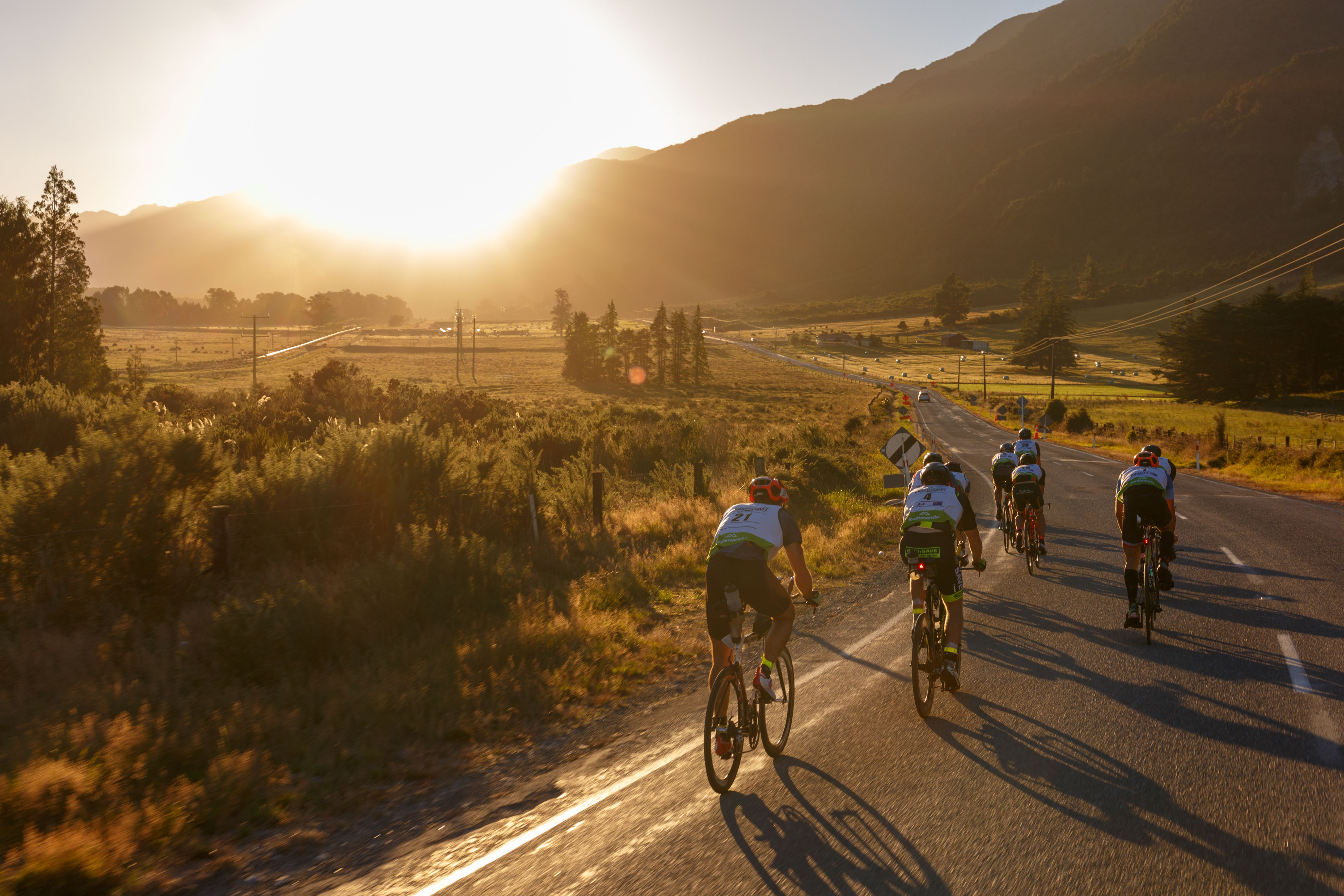
Being well prepared is the key for any event and making sure you’ve done all the training so you can last the distance and cross that finish line knowing what you’ve achieved. Subaru’s SUVs are perfect for loading up your bikes to head out to your favourite training spots, so check out the range here.
Read more about some running and kayaking tips if you're taking on a multisport event.
